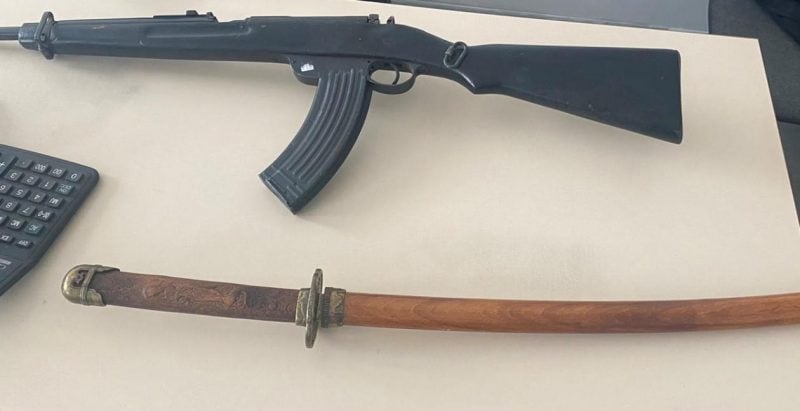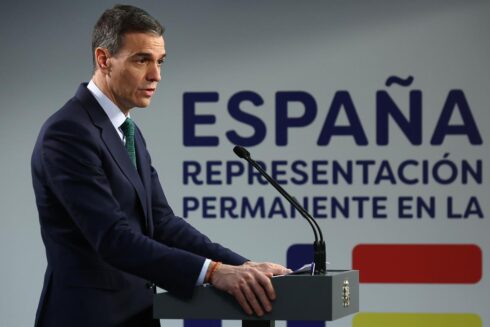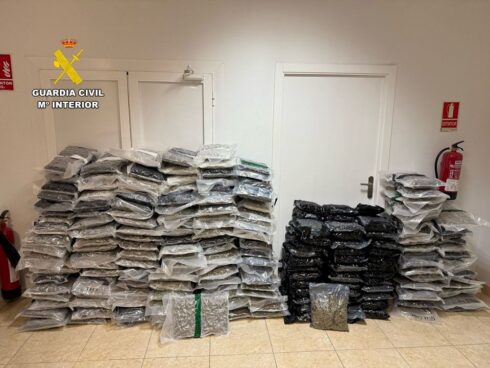A TOTAL of 416 police and customs officers checked more than 42,000 parcels in a bid to intercept illegal guns and weapons sent through the mail.
The result? – just six firearms, and 13 gun parts were seized in the massive operation that involved 26 countries.
Operation ARMSTRONG VII also saw 297 other weapons (knives, pepper spray, tasers) seized as well as 600 rounds of ammunition.
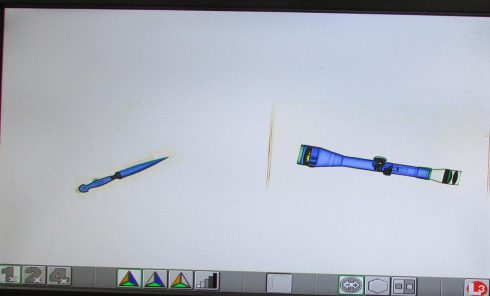
Austria, Bulgaria, Cyprus, Czech Republic, Germany, Denmark, Estonia, Greece, Spain, Finland, France, Hungary, Ireland, Lithuania, Luxembourg, Netherlands, Portugal, Romania, Sweden, United Kingdom, Switzerland, Norway, Albania, North Macedonia and the United States all took part in the operation.
Europol was actively involved from the onset of this operation by collecting intelligence from all participating partners on firearms and ammunition seized from postal packages from November 2019 until October 2020.
This intelligence was used as input to identify risk indicators that were shared with law enforcement to prioritise checks and identify packages possibly containing firearms or firearms-related commodities.
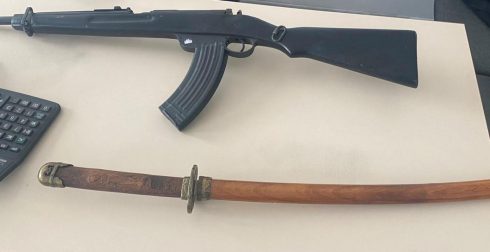
During the action week, Europol set up a virtual command centre and provided a platform for real time information sharing and cross-checking of intelligence, creating a communication network involving both police and custom authorities.
The use of fast parcels or parcel mail has been identified as a key modus operandi for firearms trafficked to and within the EU.
Differences in legislations are exploited by criminals, whereby firearms or firearms components restricted in one country easily and openly can be ordered from another through the internet. Moreover, firearms are frequently traded on online platforms, including dark web marketplaces. This development has resulted in a significant increase in the use of parcel and postal services to traffic firearms and firearm components.
With millions and millions of parcels crossing the borders, finding the particular shipments containing firearms and other prohibited items is a big challenge for police and customs and other law enforcement authorities across Europe.

